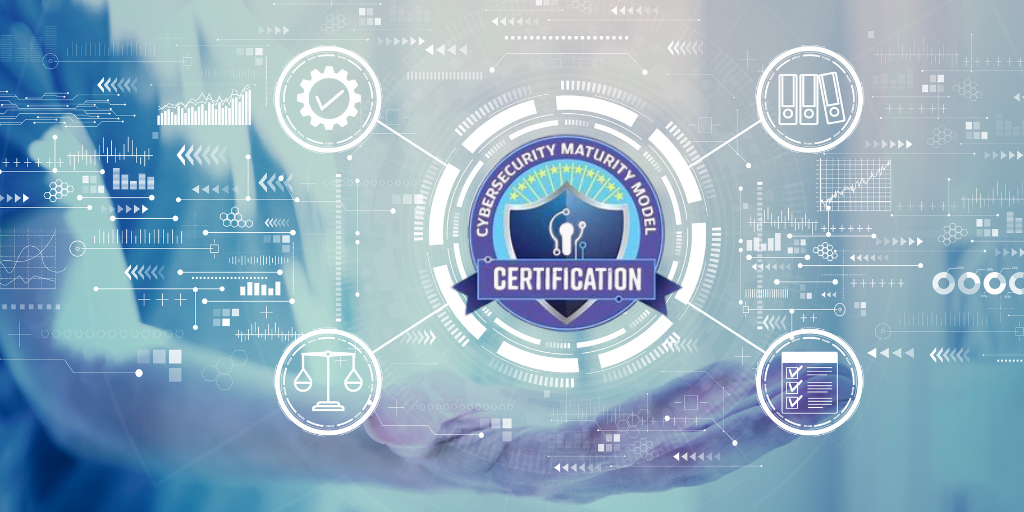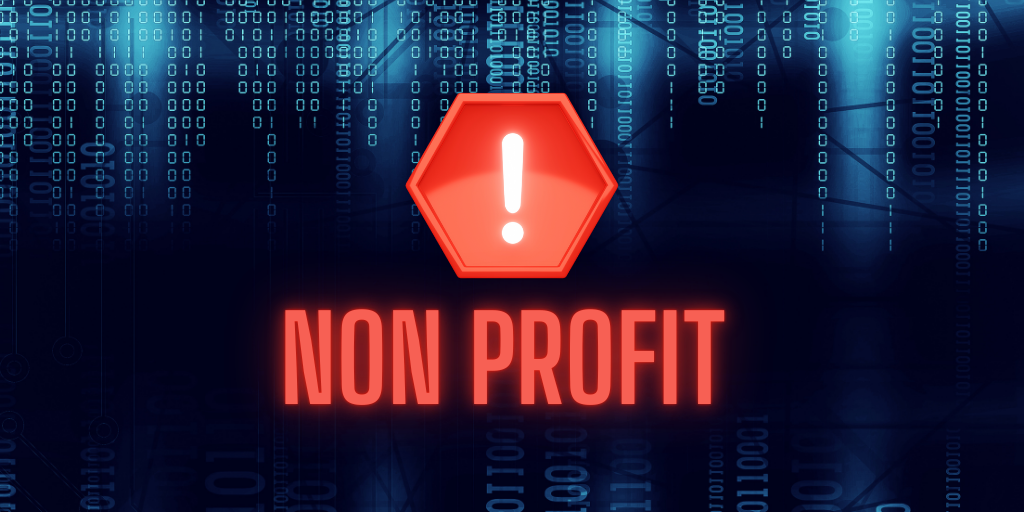Addressing CMMC Compliance Gaps for Small Businesses
Navigating the complex landscape of CMMC compliance can be a daunting task for small businesses, but with the right strategies, achieving and...
4 min read
.jpeg) Michael Markulec
:
Nov 18, 2024 12:21:12 PM
Michael Markulec
:
Nov 18, 2024 12:21:12 PM

Effectively managing vendors is essential for maintaining robust information security and achieving compliance with standards.
In today's interconnected business environment, organizations often rely on third-party vendors for various services, from IT support and software development to data storage and customer service solutions. These partnerships can significantly enhance operational efficiency by allowing companies to leverage specialized expertise and cutting-edge technologies without requiring extensive in-house resources. However, they also introduce potential security risks, as vendors may have access to sensitive data and critical systems. This access can create vulnerabilities that, if not correctly managed, could lead to data breaches, financial loss, and reputational damage. Therefore, effective vendor management is crucial for safeguarding sensitive information and maintaining the trust of clients and stakeholders. It involves selecting the right vendors and continuously monitoring their performance and compliance with security protocols.
Vendor management becomes even more critical when organizations pursue industry certifications such as SOC2 and HITRUST. These certifications have stringent data protection and security requirements, demanding rigorous oversight of vendor activities. By ensuring that vendors adhere to these standards, organizations can mitigate risks associated with third-party relationships and maintain compliance with regulatory and industry-specific mandates. This helps protect the organization’s data and enhances its credibility and reliability in the eyes of clients, partners, and regulatory bodies. Effective vendor management, therefore, is not just a matter of operational necessity but a strategic imperative for achieving long-term business success and resilience.
When selecting vendors, it is essential to evaluate their security posture comprehensively to ensure they align with the organization's security objectives and risk tolerance. This evaluation should encompass a detailed examination of several critical criteria, including the vendor's data protection policies, which outline how they safeguard sensitive information and ensure data integrity. Additionally, it is crucial to investigate the vendor's history of security breaches, as this can provide insight into their ability to prevent and respond to security incidents. Compliance with relevant standards and regulations, such as GDPR, HIPAA, or industry-specific guidelines, is another critical factor, as it demonstrates the vendor's commitment to maintaining high-security standards.
Organizations should also assess the vendor's risk management practices, which involve identifying, analyzing, and mitigating potential security threats. This includes evaluating their incident response capabilities and determining how effectively they can detect, respond to, and recover from security incidents. A vendor with robust incident response procedures can minimize the impact of security breaches and ensure business continuity.
A thorough evaluation process often involves multiple steps to understand the vendor's security posture comprehensively. This includes reviewing the vendor's security certifications, such as ISO 27001 or SOC2, which provide third-party validation of their security practices. Conducting security questionnaires allows organizations to gather detailed information about the vendor's security measures and protocols. Performing on-site audits can offer firsthand insights into the vendor's operational environment and security controls. These steps help ensure that the vendor can meet the organization's stringent security requirements and effectively protect sensitive information, thereby reducing the risk of data breaches and enhancing overall security resilience.
A well-defined contract is fundamental to a successful vendor relationship, serving as the cornerstone for mutual understanding and collaboration. These contracts should meticulously detail security expectations, data protection requirements, and compliance obligations, ensuring that both parties are fully aware of their responsibilities and the standards they must uphold. By clearly articulating these elements, organizations can safeguard their interests and maintain a high level of security throughout the vendor relationship.
Service-level agreements (SLAs) are an integral part of these contracts. They specify performance metrics that vendors must meet, outline reporting requirements to ensure transparency, and delineate the consequences for non-compliance, which may include penalties or termination of the contract. This level of detail helps set clear expectations and provides a structured approach to managing vendor performance.
Furthermore, including specific clauses related to security audits, data breach notification, and termination conditions can significantly strengthen the contract. Security audit clauses ensure regular assessments are conducted to verify the vendor's adherence to security protocols. Data breach notification clauses mandate that vendors promptly inform the organization of any security incidents, allowing for swift action to mitigate potential damage. Termination conditions outline the circumstances under which the contract can be ended, providing a clear exit strategy if the vendor fails to meet the agreed-upon standards.
By incorporating these elements, the contract aligns both parties on security priorities and establishes a robust framework for accountability. This comprehensive approach ensures that the vendor relationship is built on trust and transparency, ultimately contributing to the organization's security posture and resilience.
An often overlooked aspect of vendor management is the offboarding process, a critical phase in the lifecycle of vendor relationships. A structured offboarding strategy ensures that data and access rights are appropriately managed when a vendor relationship ends, safeguarding the organization’s sensitive information and maintaining its security posture. This process involves several key steps, including revoking access to systems, which ensures that former vendors can no longer access the organization’s networks or data. It also includes retrieving any sensitive data the vendor may have handled during the partnership and ensuring that all proprietary information is securely returned to the organization. Additionally, it is essential to ensure that the vendor destroys or returns any proprietary information, which prevents unauthorized use or distribution of the organization’s intellectual property.
Documenting the offboarding process is another vital component, as it provides a clear record of the steps taken to secure data and terminate access, which can be invaluable for future audits or compliance checks. Conducting a final security review is equally important, as it allows the organization to assess any potential vulnerabilities that may have arisen during the transition and address them promptly. This comprehensive approach to offboarding helps mitigate risks associated with vendor transitions, ensuring that the organization maintains control over its data and upholds its security standards. By implementing a thorough and well-documented offboarding strategy, organizations can protect themselves from potential security breaches and maintain the integrity of their information systems, ultimately contributing to a more resilient and secure operational environment.

Navigating the complex landscape of CMMC compliance can be a daunting task for small businesses, but with the right strategies, achieving and...

In an increasingly digital world, non-profits are prime targets for cyber threats. You can just discover how a Virtual CISO can protect your...

Small businesses must prioritize secure messaging to protect sensitive information and maintain customer trust.